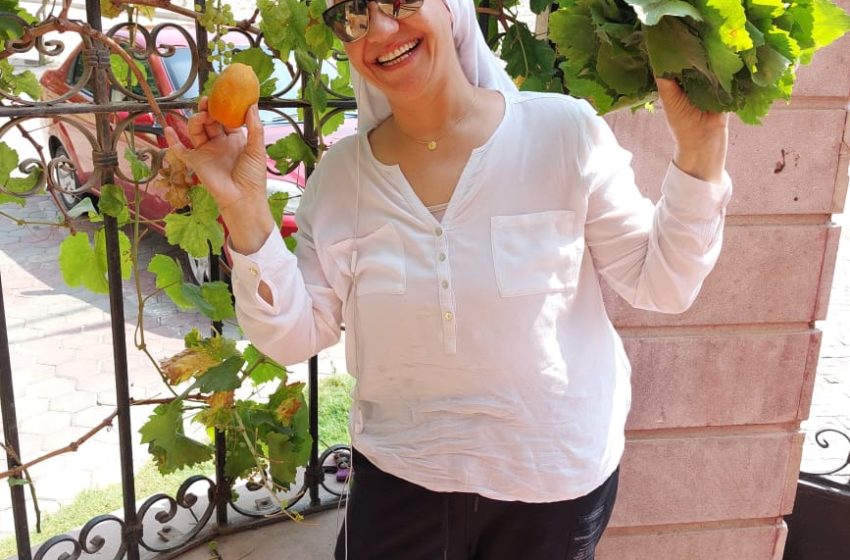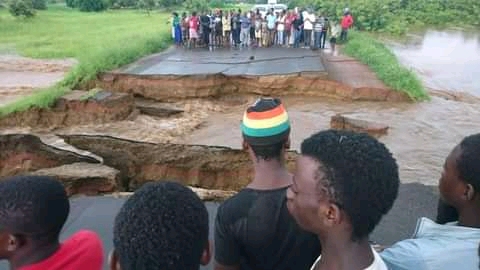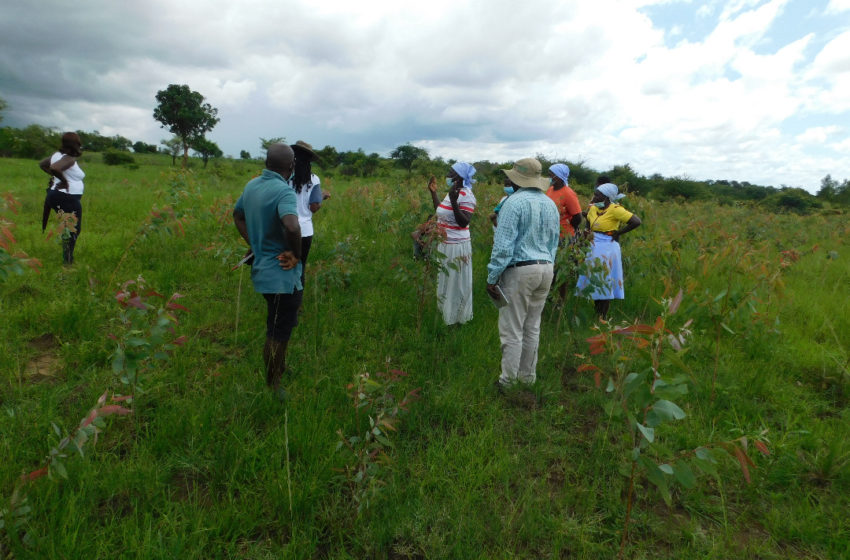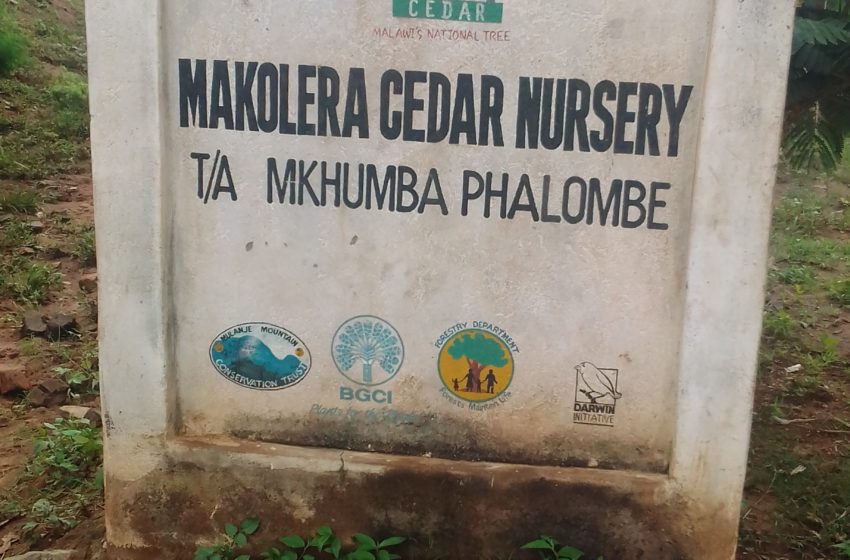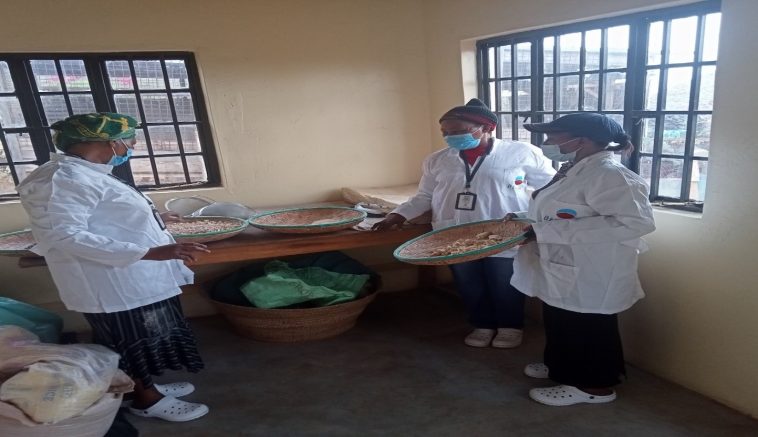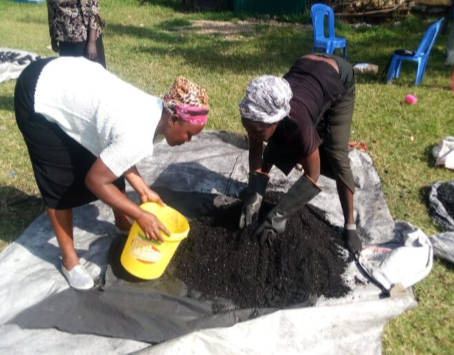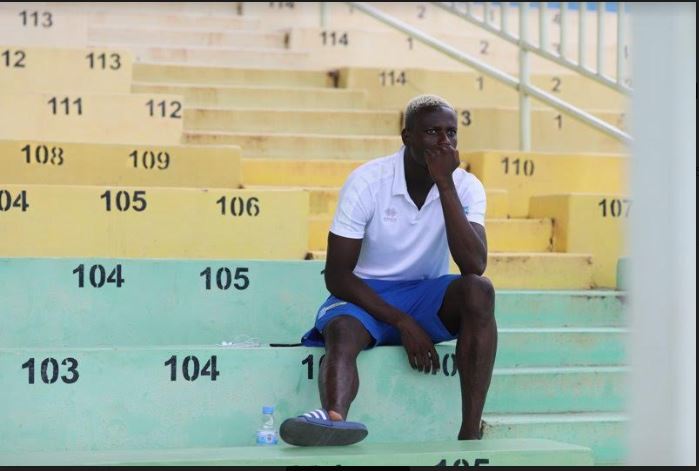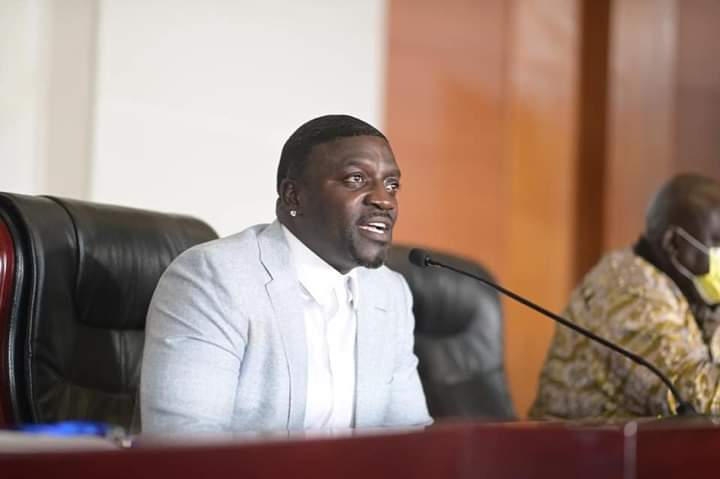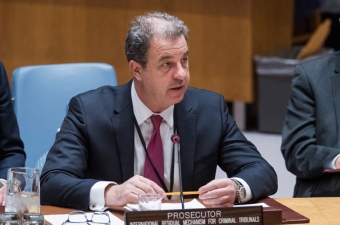
The Prosecutor of the International Residual Mechanism for Criminal Tribunals (Mechanism) Serge Brammertz says operations to capture the remaining Genocide fugitives have been intensified and called for greater efforts to locate and arrest fugitives wanted for their role in the 1994 Genocide against the Tutsi in Rwanda.
Referring to the arrest of Falicien Kabuga, Brammertz said that cooperation of ember states played a critical role in the effort, adding that further success can be achieved if this continues.
Brammertz recalled that cooperation to track the fugitives is not only a legal requirement but also a moral obligation to the victims and survivors.
“The victims and survivors of the 1994 genocide against the Tutsi in Rwanda deserve nothing less than our collective best efforts,” he said.
Brammertz paid tribute to the victims and survivors of the Genocide, noting that their demand for justice, trust and support made his work possible
The remaining fugitives include
Protais Mpiranya
Protais Mpiranya, the former commander of the Presidential Guard of the Rwandan Army, is wanted for taking part in the 1994 Genocide in Rwanda.
He is accused of playing a key role in planning the genocide, including training military groups and distributing weapons.
The Presidential Guard, under Mpiranya’s command, is accused of assassinating Prime Minister Agathe Uwilingiyimana and ten Belgian peacekeepers detailed as her bodyguards. Throughout the genocide, the Presidential Guard was reportedly a major driving force of lawlessness and destruction.
Phénéas Munyarugarama
In 1994, this lieutenant-colonel commanded the large military camp of Gako, east of Kigali, near the border with Burundi. According to the ICTR, soldiers from the Gako camp committed crimes in their neighbourhood. Munyarugarama is also said to have been present at the Nyamata church when between 2,500 and 5,000 civilians were massacred there on 14 April 1994 by soldiers from his camp and Hutu militiamen.
Fulgence Kayishema
Fulgence Kayishema’s name is often associated, in numerous testimonies before the ICTR, with the massacre of Tutsis who had sought refuge in the church of Nyange in western Rwanda. According to the indictment, Kayishema, then a police inspector in the commune of Kivumu, allegedly helped gather the Tutsis of the commune in the church of Nyange with a view to exterminating them. Witnesses in other trials at the ICTR have claimed that Kayishema went to fetch fuel used by the militia to set fire to the church.
Aloys Ndimbati
At the time of the events, Aloys Ndimbati was the mayor of the commune of Gisovu. He is accused of having played a leading role in the systematic extermination of Tutsis in various locations in the prefecture of Kibuye, in western Rwanda. In particular, he is said to have transported gendarmes and militiamen during attacks on the hills of Bisesero, to have given the order to kill the Tutsis who had taken refuge there and to have personally killed some of them. Having met fierce resistance from the Tutsis, who defended themselves with traditional weapons, the attacks on Bisesero lasted several days, causing tens of thousands of deaths.
Charles Sikubwabo
Charles Sikubwabo was appointed mayor of Gishyita commune in 1993 and held this position until July 1994, when the genocide ended. Prior to that, he had served in the Rwandan army as a chief warrant officer. According to the indictment, in April 1994, he allegedly ordered elements of the national gendarmerie, the communal police and Interahamwe militiamen to attack the church of Mubuga. The attack caused thousands of deaths among the Tutsis who had taken refuge there. Charles Sikubwabo is accused of having personally taken part in some of the attacks.
Charles Ryandikayo
At the time of the events, Charles Ryandikayo was the manager of a small restaurant in Mubuga, Gishyita commune. This small business assured him a certain social status in this poor commune in western Rwanda. According to the indictment, the restaurant own allegedly participated in and was present at massacres of Tutsis between 8 April and 30 June 1994, in particular at the church in Mubuga where thousands of Tutsis were massacred between 14 and 16 April 1994
The government of Rwanda has called on government allowed the world to play their part in bringing these fugitives to book.
The Rwandan government has about 400 requests for the extradition of fugitives accused of taking part in the 1994 genocide against the Tutsi, many of those requests were in Europe
Some countries such as the US, Canada, Germany, Norway, Sweden, Belgium, Denmark and the Netherlands, which “have cooperated with our judiciary in extraditing, deporting, or putting perpetrators on trial.” Says prosecution.
Integonziza@gmail.com

